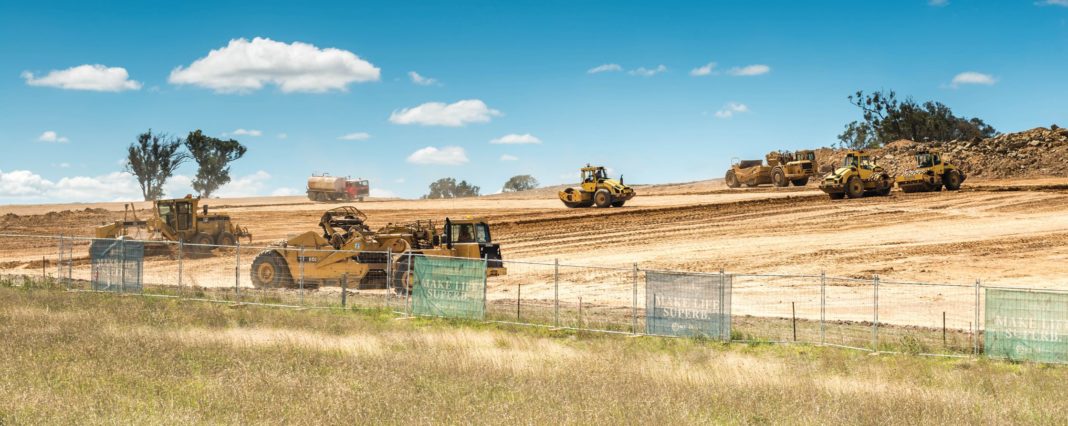The Australian Institute of Architects has called on Australia’s governments to implement targeted stimulus measures in the building and construction sector to aid in fast-tracking economic recovery from the COVID-19 crisis.
“The construction industry directly employs nearly one in 10 Australians,” said the Institute’s national president, Helen Lochhead.
“This creates an opportunity for our sector to do much of the heavy lifting when it comes to the economic recovery from COVID-19, provided governments pull the stimulus levers available to them.”
Professor Lochhead said stimulus efforts that focus on projects and programs of “a variety of scales and locations” are essential, as well as fast-tracking existing major infrastructure projects.
“In addition to major infrastructure projects, there should also be a focus on urgently rolling out a broad range of projects such as social and affordable housing, community facilities and public spaces, energy efficiency upgrades and, most importantly, projects in the fire-ravaged regional communities of Australia, geared around the principles of building back better,” she said.
Similarly, in April an Australian National University (ANU) expert called on governments around the country to increase infrastructure spending to aid in economic recovery.
Associate Professor Sara Bice said the virus presents a “golden opportunity” to put Australian business and workers at the forefront of recovery efforts.
“It’s critical that Australia maintains a focus on project delivery, perhaps even considering an increase in spending before economic recovery begins,” she said.
Locally, ACT Transport Minister Chris Steel released details in April about the fast-tracking of infrastructure and maintenance projects across the city, as part of the ACT Government’s COVID-19 response.
The program, while not a major infrastructure project, is expected to deliver nearly $9.75 million in works such as upgrading and building new footpaths, improving road safety, upgrading waste and transport facilities, and maintaining public spaces and community facilities.
“The program has focused on ‘screwdriver ready’ works that can start immediately, so that local businesses can keep workers employed now, with works scheduled to be completed by 30 June 2020,” Mr Steel said.



